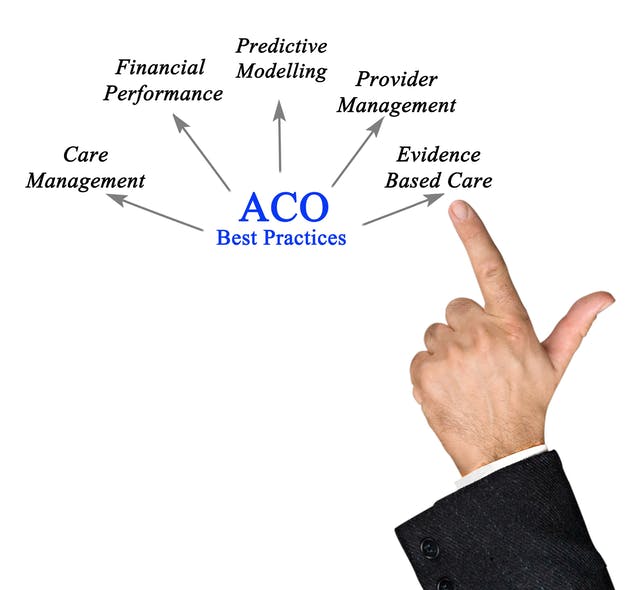

Taking on downside risk can be a big motivator for organizations to take more seriously the transformation needed to succeed in value-based care, say researchers who study accountable care organizations.
Speaking during a recent webinar put on by the Primary Care Collaborative, Jonathan Gonzalez-Smith, a research associate at the Duke Margolis Center for Health Policy, said, “ACOs in two-sided risk models are more likely to invest in care management services, develop better data management capabilities, or establish care coordination and the staff required to manage their beneficiaries’ care.”
Gonzalez-Smith helps lead the Margolis Center’s research on international models of accountable care, health financing, global health innovation, and payment and delivery reform. His research evaluates how to support health system transformation at the organizational, regional, national, and international level to achieve better population health while promoting efficiency, equity, and high-quality care.
He was joined by David Muhlestein, Ph.D., J.D., chief research officer for Leavitt Partners, where he directs the study of accountable care organizations through the LP Center for Accountable Care Intelligence and leads the firm’s quantitative evaluation of healthcare markets. The two were interviewed by Mai Pham, M.D., M.P.H., who previously served as chief innovation officer at the Center for Medicare and Medicaid Services.